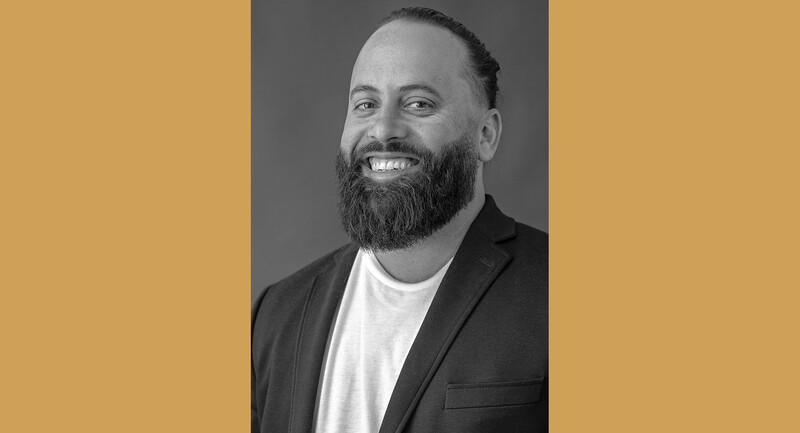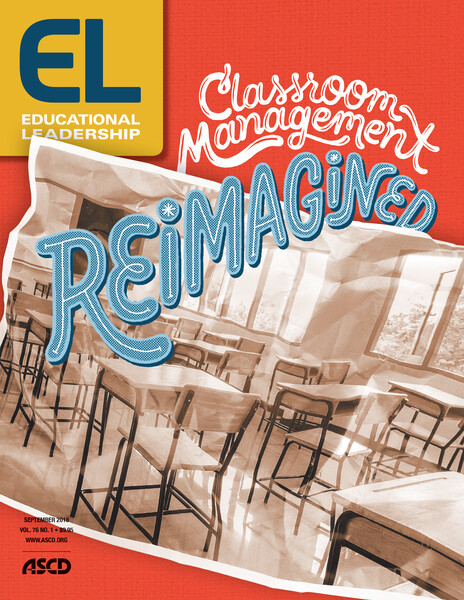September 1, 2018
•
5 min (est.)•
Vol. 76•
No. 1ASCD Policy Priorities / The Fight for PD Funding
Educator advocates flexed their muscles to save the federal Title II program.
In this new column, ASCD's senior director of advocacy and government relations David Griffith shares federal policy and legislative developments related to education issues, providing updates and information on advocacy. Policy Priorities will appear bimonthly, alternating with Bryan Goodwin's Research Matters column.
A look at recent threats to federal funding for teachers' professional learning illuminates the importance of educators advocating for themselves. In each of its first two years, the Trump administration has proposed completely eliminating the $2.1 billion that funds the Title II, Part A program of the Every Student Succeeds Act (ESSA). Title II-A is the second-largest funded program in ESSA (behind Title I) and the only source of federal funding dedicated to providing professional development opportunities for teachers and school leaders. In some states, like Arkansas and North Carolina, Title II-A funding is the only money schools have for educator professional development.
So how did a program integral to enhancing the effectiveness of educators become a target for elimination and, more important, how did educator advocates successfully defend Title II-A and preserve its existing funding? Read on.
Nearly a decade ago, Title II-A was funded at $2.5 billion, a figure that was gradually whittled down over the years to the present $2.1 billion. The decreases were lamented but were so incremental they weren't a cause for alarm—although in hindsight, the overall cut of 16 percent should've raised more of a concern. The 2015 passage of ESSA included significant reforms to the Title II-A program, notably the expansion of roles eligible for PD support to such personnel as librarians and counselors, support for activities that are "evidence-based," a more targeted allocation formula, a state "set-aside" to support school leaders, and the elimination of the No Child Left Behind Act's "highly qualified teacher" definition. These detail-focused changes spurred renewed interest in the program even as they masked the flagging support for it among policymakers.
This less-than-satisfying but safe scenario is where things might have stabilized. But—as with so much else in American politics today—the incoming Trump administration upended the entire situation. President Trump's FY18 budget plan did not include simply another incremental cut to Title II-A, but the complete elimination of its more than $2 billion! The proposal was as shocking as the magnitude of the cut and caught the education community completely off guard.
The administration's rationale for doing away with the program was that it was "largely duplicative" because "virtually all other ESEA formula grant programs … may be used for teacher or staff professional development," according to the U.S. Department of Education's FY18 budget documents. The contention was true so far as it went; professional development is an allowable use of Title I dollars. But this rationale failed to acknowledge the dedicated nature of Title II-A for professional development, to say nothing of the fact that this proposal cut more than $2 billion of overall funding for K–12 schools—a cut that would be difficult if not impossible to offset with already scarce funds earmarked for activities besides professional development.
Regardless of the speciousness of the argument, the reality was that educator advocates were unaccustomed to having to make the case for Title II-A funding and, indeed, woefully unprepared to do so. Educators had come to take the funding for granted, which is ironic given the perpetually low regard many teachers seem to have for conventional professional development activities. In fact, teachers' complaints about underwhelming PD experiences were turned against Title II supporters and became talking points used to justify the cut. As U.S. News and World Report noted during the funding debate, "professional development has become a dirty word."
One thing educators learned from the Title II ordeal is that advocacy requires both constant vigilance and constant movement. Often we pay so much attention to the latest, greatest innovative initiatives that we overlook the necessary maintenance of long-established and successful education programs—like Title II-A. In helping to galvanize concerned educators to save Title II, I've seen that advocacy skills are like a muscle that atrophies without regular exercise. When advocacy becomes an ingrained habit, it's easier to maintain political contacts and relationships as a matter of routine effort.
Nowhere was the need for vigilance more apparent than in the situation that developed in the U.S. House of Representatives at the end of 2017. Although a large bipartisan group of lawmakers on relevant committees expressed their support for Title II and their opposition to the administration's budget proposal, the House ultimately approved an FY18 budget bill that provided no funds for Title II.
The educator campaign to save Title II-A funding started off slowly but quickly picked up speed and efficacy. It had two components. The first was to generate as much awareness as possible among educators about the seriousness of the threat and the devastating consequences to the profession of wiping out all federal PD funding. The Title II coalition—composed of six national groups representing educators and school leaders, including ASCD—asked educators (once they understood the direness of the situation) to contact their members of Congress any way they saw fit to express support for the Title II program. Policymakers often mistake silence as indifference. Educators had to proclaim their concern for Title II loudly and in large numbers.
The second component involved collecting and sharing specific stories about the success and benefits of educators' professional development experiences to counter the negative perceptions of PD. It was vitally important that these stories be local to each congressional district. This allowed educators to connect with their representatives (and vice versa); establish themselves as an expert policy resource; and most important, speak to the direct value of PD generally—and the benefit of Title II for both educators and, in turn, students.
As a result of this nationwide educator movement, Congress approved (and President Trump signed) an FY18 budget that preserved Title II-A funding at the existing $2.1 billion level. It was a remarkable victory for educators and an important validation of professional development.
The lessons learned in defense of Title II funding were themselves a form of professional development for advocacy-inclined educators. One lesson is that in the modern education policy environment, educators must take nothing for granted. When they take action, they can make a difference. The activism and expertise educators showed in this fight will be invaluable in upcoming education policy debates, beyond Title II.
End Notes
•1 Camera, L. (2017, April 1). "The Effectiveness Dilemma." U.S. News and World Report.





